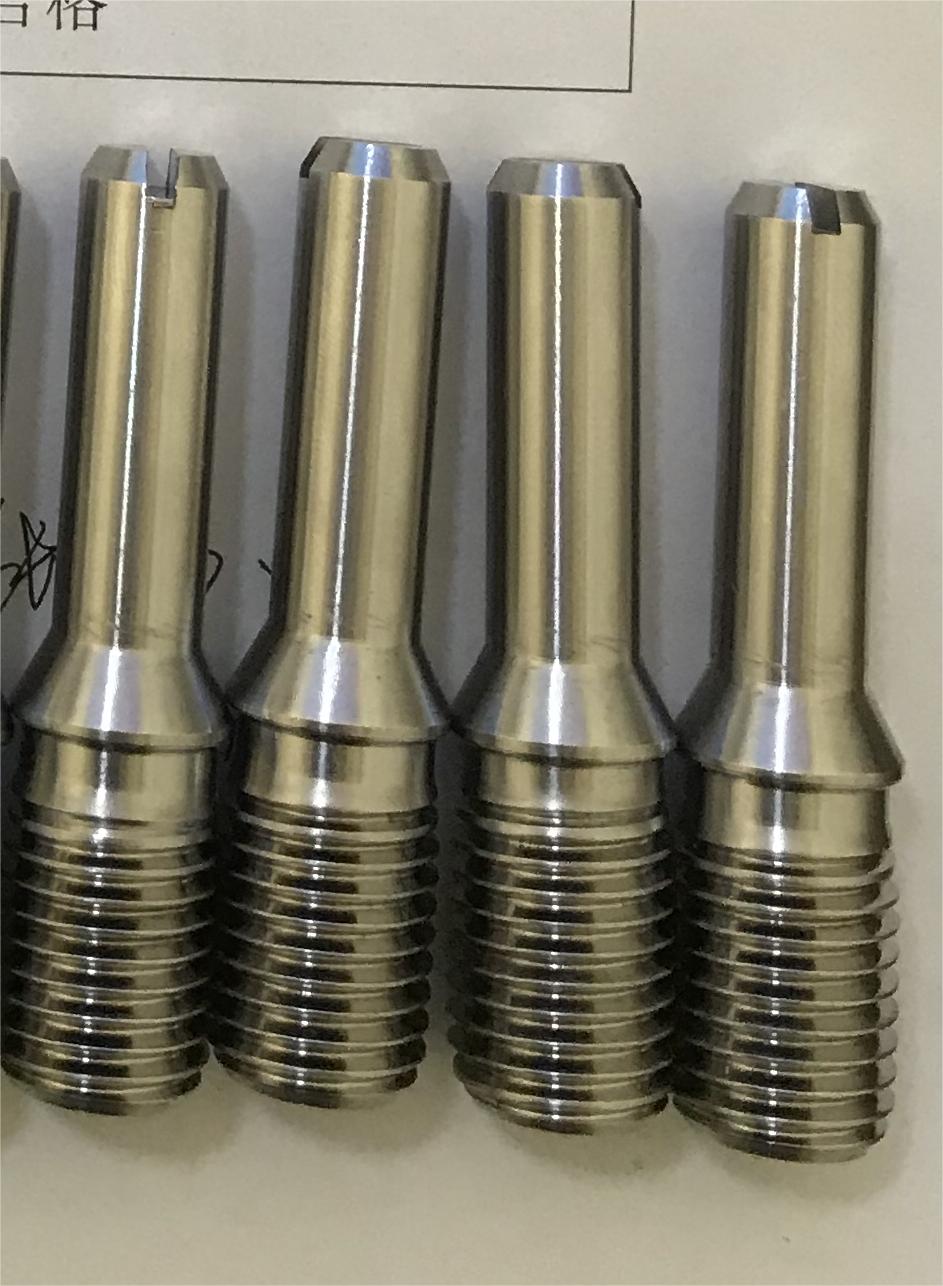
-
 Afrikaans
Afrikaans -
 Albanian
Albanian -
 Amharic
Amharic -
 Arabic
Arabic -
 Armenian
Armenian -
 Azerbaijani
Azerbaijani -
 Basque
Basque -
 Belarusian
Belarusian -
 Bengali
Bengali -
 Bosnian
Bosnian -
 Bulgarian
Bulgarian -
 Catalan
Catalan -
 Cebuano
Cebuano -
 Corsican
Corsican -
 Croatian
Croatian -
 Czech
Czech -
 Danish
Danish -
 Dutch
Dutch -
 English
English -
 Esperanto
Esperanto -
 Estonian
Estonian -
 Finnish
Finnish -
 French
French -
 Frisian
Frisian -
 Galician
Galician -
 Georgian
Georgian -
 German
German -
 Greek
Greek -
 Gujarati
Gujarati -
 Haitian Creole
Haitian Creole -
 hausa
hausa -
 hawaiian
hawaiian -
 Hebrew
Hebrew -
 Hindi
Hindi -
 Miao
Miao -
 Hungarian
Hungarian -
 Icelandic
Icelandic -
 igbo
igbo -
 Indonesian
Indonesian -
 irish
irish -
 Italian
Italian -
 Japanese
Japanese -
 Javanese
Javanese -
 Kannada
Kannada -
 kazakh
kazakh -
 Khmer
Khmer -
 Rwandese
Rwandese -
 Korean
Korean -
 Kurdish
Kurdish -
 Kyrgyz
Kyrgyz -
 Lao
Lao -
 Latin
Latin -
 Latvian
Latvian -
 Lithuanian
Lithuanian -
 Luxembourgish
Luxembourgish -
 Macedonian
Macedonian -
 Malgashi
Malgashi -
 Malay
Malay -
 Malayalam
Malayalam -
 Maltese
Maltese -
 Maori
Maori -
 Marathi
Marathi -
 Mongolian
Mongolian -
 Myanmar
Myanmar -
 Nepali
Nepali -
 Norwegian
Norwegian -
 Norwegian
Norwegian -
 Occitan
Occitan -
 Pashto
Pashto -
 Persian
Persian -
 Polish
Polish -
 Portuguese
Portuguese -
 Punjabi
Punjabi -
 Romanian
Romanian -
 Russian
Russian -
 Samoan
Samoan -
 Scottish Gaelic
Scottish Gaelic -
 Serbian
Serbian -
 Sesotho
Sesotho -
 Shona
Shona -
 Sindhi
Sindhi -
 Sinhala
Sinhala -
 Slovak
Slovak -
 Slovenian
Slovenian -
 Somali
Somali -
 Spanish
Spanish -
 Sundanese
Sundanese -
 Swahili
Swahili -
 Swedish
Swedish -
 Tagalog
Tagalog -
 Tajik
Tajik -
 Tamil
Tamil -
 Tatar
Tatar -
 Telugu
Telugu -
 Thai
Thai -
 Turkish
Turkish -
 Turkmen
Turkmen -
 Ukrainian
Ukrainian -
 Urdu
Urdu -
 Uighur
Uighur -
 Uzbek
Uzbek -
 Vietnamese
Vietnamese -
 Welsh
Welsh -
 Bantu
Bantu -
 Yiddish
Yiddish -
 Yoruba
Yoruba -
 Zulu
Zulu
custom types of thread rolling
Custom Types of Thread Rolling An Overview
Thread rolling is a metal forming process used to create threads on a cylindrical surface. This process has gained significant popularity in various industries due to its ability to produce high-quality threads with excellent dimensional accuracy and surface finish. Traditional machining methods often lead to material waste and require additional finishing processes; however, thread rolling offers distinct advantages in terms of material efficiency and strength. This article explores the custom types of thread rolling and their applications in different sectors.
Understanding Thread Rolling
At its core, thread rolling utilizes a pair of dies to create threads through a process known as cold-forming. In contrast to traditional turning methods, which cut material away, thread rolling displaces the material, allowing it to retain more of its original strength and structural integrity. This is especially crucial in applications where the threaded component will experience significant stress and fatigue.
Types of Thread Rolling
Thread rolling can be categorized into several custom types, each suited for specific applications and characteristics
.1. Flat Die Thread Rolling This method employs flat dies to create threads on the workpiece. It is ideal for producing large volumes of small to medium-sized fasteners, such as screws and bolts. The major advantage of flat die rolling is its ability to produce threads with consistent quality and tight tolerances.
2. Circular Die Thread Rolling This type utilizes circular dies that roll around the cylindrical workpiece. Circular die rolling is used for larger diameters and can create complex thread forms. This method is prevalent in industries that require strong fasteners capable of supporting heavy loads and resisting fatigue.
custom types of thread rolling

3. Rotary Thread Rolling In this custom method, the workpiece is rotated while the die applies pressure from different angles. Rotary thread rolling is ideal for small parts, such as pins and studs, yielding a high production rate and precise thread forms. It is commonly used in the automotive and aerospace sectors.
4. Multi-start Thread Rolling This technique allows for the creation of multi-start threads, which have multiple helix starts on the same shaft. Multi-start threads increase the lead distance and are often used in applications requiring quick assembly and disassembly, such as in hydraulic cylinders and various mechanical devices.
5. Profile Thread Rolling With profile thread rolling, custom-shaped threads can be produced, offering unique threading structures that meet specific functional requirements. This versatility makes it a go-to method for manufacturers creating specialized bolts and screws.
Advantages of Custom Thread Rolling
The use of custom types of thread rolling offers several benefits. Firstly, it significantly reduces material waste, as the process does not involve cutting away from the workpiece. Secondly, the cold-working nature of the process enhances the mechanical properties of the material, leading to threads that are stronger and more durable. Additionally, thread rolling can achieve a high production rate, making it cost-effective for large batch productions.
Moreover, the versatility of thread rolling allows manufacturers to tailor their products to meet specific client needs. Whether it’s the size, shape, or thread type, custom thread rolling can accommodate various specifications, ensuring that the final product meets stringent quality standards.
Conclusion
In conclusion, custom types of thread rolling present an efficient and effective method for producing high-quality threaded components across various industries. From automotive to aerospace, the advantages of this process—such as improved strength, reduced waste, and customization—make it an essential technique in modern manufacturing. As technology advances, the potential for innovative applications and enhancements in thread rolling will continue to grow, further solidifying its importance in the production of reliable and durable fasteners.
